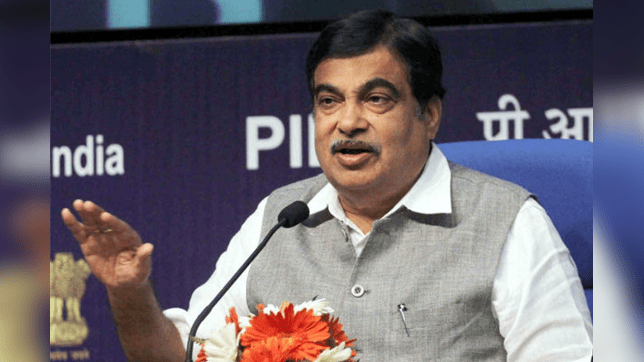The high cost of lithium battery packs has long been a key factor in the price gap between electric and internal combustion engine vehicles. However, with increasing EV adoption and advancements in battery technology, lithium battery prices are steadily declining. This trend is expected to give a significant boost to the electric vehicle sector, according to Union Minister for Road Transport and Highways, Nitin Gadkari.
Gadkari noted that falling lithium battery costs will make EVs more affordable, helping bridge the price gap. He also emphasized that pollution is India’s biggest challenge, with the transport sector being a major contributor. Transitioning from fossil fuels to alternative energy sources is both an environmental necessity and an economic imperative, he said. “Pollution is our country’s biggest challenge, and a major part of it comes from the transport sector,” Gadkari stated, stressing the need for clean energy solutions.
The minister highlighted ongoing advancements in battery technology as crucial to India’s shift toward sustainable transport. He pointed out that India’s reliance on fossil fuels is an economic burden, with ₹22 lakh crore spent annually on fuel imports, as well as an environmental hazard. Clean energy adoption, he stressed, is essential for India’s progress.
Regarding India’s automobile sector, Gadkari shared that India has surpassed Japan to become the third-largest auto industry in the world since 2014. By 2030, he envisions India emerging as the global leader in EV production, significantly impacting the global auto market.
Gadkari also credited the sharp decline in lithium battery prices for making EVs more accessible. “The price of lithium, which was $150 per kWh a few years ago, has now dropped to nearly $100. As it continues to decrease, the cost of electric vehicles will also come down, making them more affordable for the masses,” he said.



